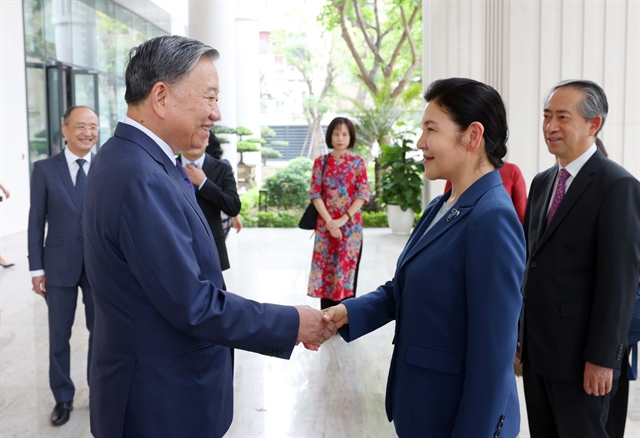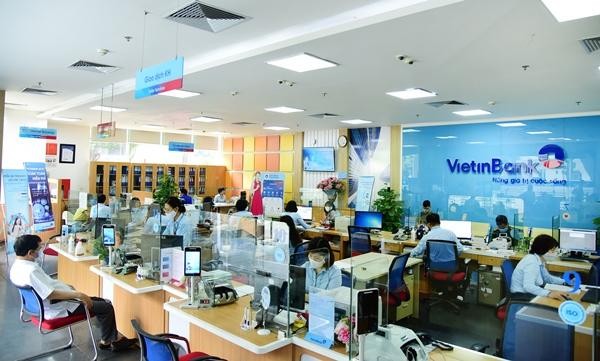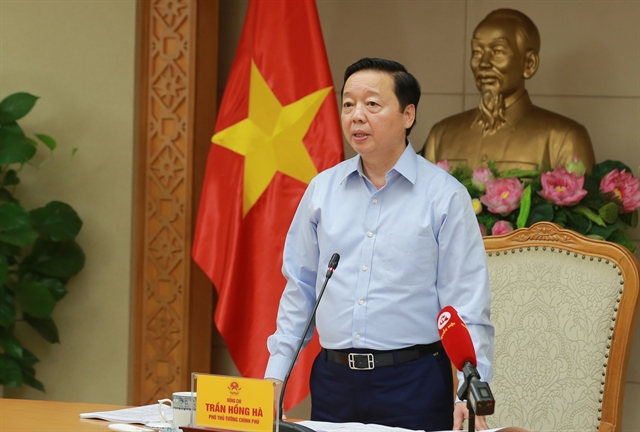 Media-OutReach Newswire
Media-OutReach Newswire

SINGAPORE- Media OutReach - February 14, 2019 - DHL has releasedthe fifth edition of the DHL Global Connectedness Index (GCI) -- a detailedanalysis of globalization, measured by international flows of trade, capital,information and people.
The latest edition of the GCI saw Southeast Asiannations Cambodia, Malaysia, Singapore and Vietnam beat expectations by thewidest margin, reflecting improved supply chain networks within the region and ASEANpolicy initiatives promoting economic integration. Singapore also remains theworld's second most connected country, being the only Asia Pacific country tofeature in the Top 10 ranking. Myanmar experienced the biggest improvement,jumping 23 spots to 133rd position. Hong Kong retains its second place behindSingapore on the depth dimension of the Index, which measures the proportion ofoverall physical, intellectual and human capital that crosses national borders;while Japan and South Korea continue to rank amongst the top 5 in global breadthof the same flows.
"While the results for Singapore, Hong Kong andthe North Asian powerhouses of Japan and South Korea bring few surprises, theIndex highlights just how rapidly Southeast Asia is plugging into the globaleconomy. The establishment of the ASEAN Economic Community in late 2015 appearsto have brought significant improvements to trade flows, particularly withreductions in trade tariffs and better access to ports and logistic hubs,[1]"said Ken Lee,CEO, DHL Express Asia Pacific. "The outperformance of emerging marketslike Cambodia and Vietnam, coupled with Malaysia's outpacing of expectations inthe face of local economic uncertainty, suggests that ASEAN will continue togrow even amidst broader global volatility."
"While business leaders still face hurdles togreater breadth and depth of trade connectivity, some challenges likeinfrastructure, technology and skills training are already being addressedjointly by governments and industry."
The 2018 indexmeasures the current state of globalization, as well as individual rankings foreach country, based on the depth (intensity of international flows) and breadth(geographical distribution of flows) of countries' international connections.The world's top five most globally connected countries in 2017 were theNetherlands, Singapore, Switzerland, Belgium and the United Arab Emirates. DespiteSoutheast Asia's rapid advances in trade connectivity, the Asia Pacific regionremains less connected to the rest of the world overall than other regions.
The new GCI reportrepresents the first comprehensive assessment of developments in globalizationacross 169 countries and territories since the Brexit referendum in the UnitedKingdom and the 2016 presidential election in the United States. In spite ofgrowing anti-globalization tensions in many countries, connectedness reached anall-time high in 2017, as the flows of trade, capital, information and peopleacross national borders all intensified significantly for the first time since2007. Strong economic growth boosted international flows while key policychanges such as US tariff increases had not yet been implemented.
A central theme of research by GCI co-authorsSteven A. Altman and Pankaj Ghemawat is that at the global level, the world isstill less connected than most people think it is, even after globalization'srecent gains. For example, just about 20% of economic output around the worldis exported, roughly 7% of phone call minutes (including calls over theinternet) are international, and only 3% of people live outside the countrieswhere they were born. The report also debunks the belief that distance isbecoming irrelevant. Most countries are much more connected to their neighborsthan to distant nations.
Emergingeconomies remain less connected than advanced economies
The GCI continues to reveal vast differencesbetween levels of globalization in advanced versus emerging economies. Emergingeconomies trade almost as intensively as advanced economies, but advancedeconomies are more than three times as deeply integrated into internationalcapital flows, five times for people flows, and almost nine times with respectto information flows. Additionally, while leaders from large emerging marketshave become major supporters of globalization on the world stage, emergingeconomies' progress catching up in terms of global connectedness has stalled.
Note toeditors:
The report was commissioned by DHL and authoredby Steven A. Altman, Pankaj Ghemawat, and Phillip Bastian of the New YorkUniversity Stern School of Business and the IESE Business School. The 2018 DHLGlobal Connectedness Index draws on more than 3 million data points frominternational flows covering trade, capital, information and people. Itdocuments and dissects levels of globalization, both at the global level andfor 169 countries and territories that jointly account for 99% of the world'sGDP and 97% of its population.
The report and additional background informationcan be downloaded at logistics.dhl/gci.
DHL -- The logistics company for the world
DHL is the leading global brand in the logistics industry. Our DHL familyof divisions offers an unrivalled portfolio of logistics services ranging fromnational and international parcel delivery, e-commerce shipping and fulfillmentsolutions, international express, road, air and ocean transport to industrialsupply chain management. With about 360,000 employees in more than 220countries and territories worldwide, DHL connects people and businessessecurely and reliably, enabling global trade flows. With specialized solutionsfor growth markets and industries, including technology, life sciences andhealthcare, energy, automotive and retail, a proven commitment to corporateresponsibility and an unrivalled presence in developing markets, DHL isdecisively positioned as "The logistics company for the world."
DHL is part of DeutschePost DHL Group. The Group generated revenues of more than 60 billion euros in2017.









